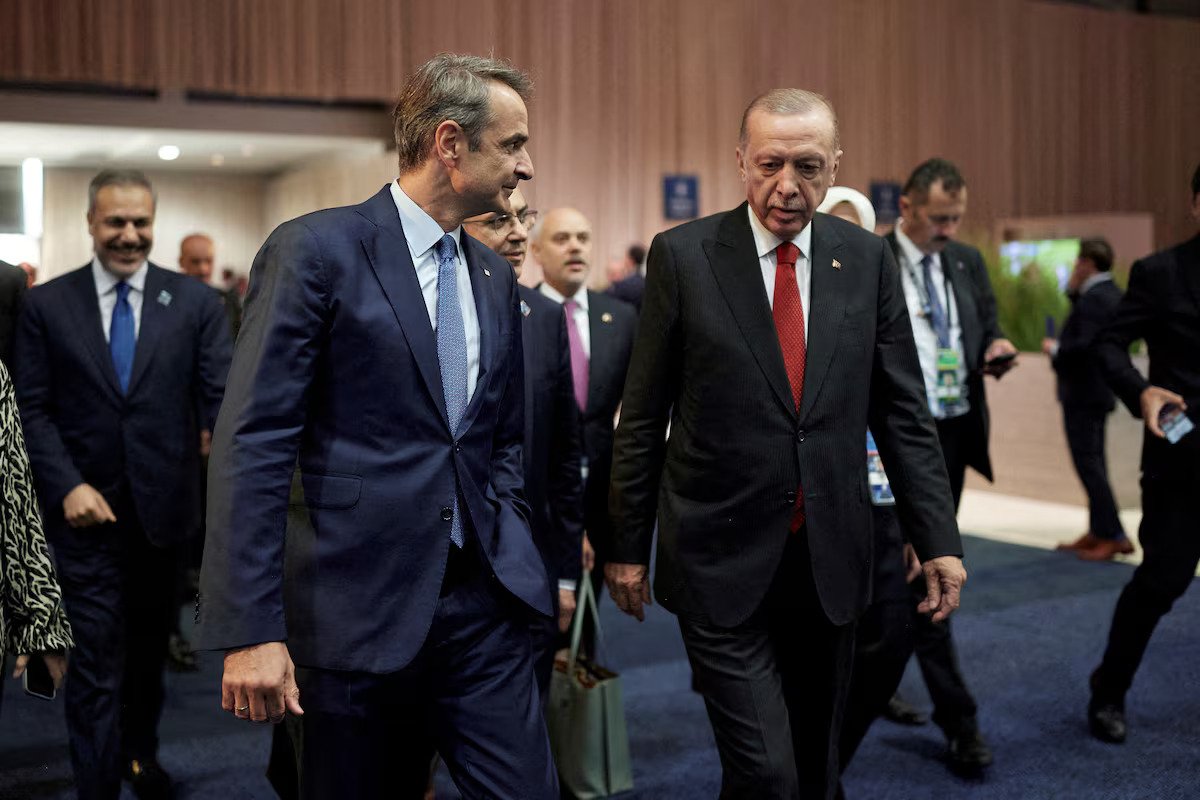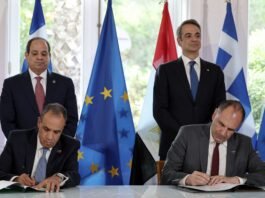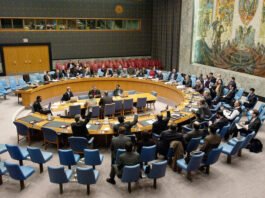Overview of the EU’s SAFE Program
The European Union has initiated a significant program known as the Security Action for Europe (SAFE), which is set to invest €150 billion in enhancing the security and defense capabilities of its member states. The SAFE program aims to bolster the defense industries across various EU nations, fostering collaboration and interoperability among them. This initiative arises from the recognition of the increasing geopolitical tensions in the region and the necessity for a united defense posture against various security threats.
One of the primary objectives of SAFE is to modernize and strengthen the defense industrial base of the EU. By encouraging member states to invest in innovative technologies and develop cutting-edge military capabilities, the program seeks to reduce dependency on non-European suppliers and boost local economies. It recognizes that a stronger European defense not only enhances security but also paves the way for higher levels of investment in research and development, thus stimulating economic growth within the EU.
The SAFE program also emphasizes the importance of strategic shifts in European security policies. It aims to achieve greater integration of military operations among EU member states, fostering a framework where countries can collaborate more effectively on defense matters. This includes improved resource-sharing and joint procurement efforts, which are vital for addressing contemporary security challenges. As a result, member states are expected to stand in solidarity, thereby enhancing the overall security architecture of the European Union.
Moreover, SAFE is positioned as a reaction to the evolving threat landscape, which necessitates a proactive and adaptable defense strategy. By prioritizing not only military readiness but also economic resilience, the program represents a comprehensive approach to security that aligns with the broader goals of the EU.
Greece’s Concerns About Turkey’s Participation
The concerns expressed by Prime Minister Kyriakos Mitsotakis regarding Turkey’s involvement in the SAFE (Security and Foreign Affairs in Europe) initiative highlight the complexities of Greece’s position within the European Union. Historically, Greece has harbored apprehensions regarding Turkey’s military posture, especially in the context of maritime boundaries in the Aegean Sea. These boundaries have long been a point of contention between the two nations, with Turkey’s assertive actions prompting Greece to adopt a vigilant stance.
Prime Minister Mitsotakis has articulated a cautious approach when addressing Turkish participation in EU defense discussions. With Turkey’s historical threats and aggressive posturing, particularly under the leadership of President Recep Tayyip Erdogan, the Greek government remains skeptical about any collaboration that could potentially empower Turkey militarily. This skepticism is exacerbated by a series of provocations, including overflight violations and claims to disputed islands, fostering a climate of distrust that complicates Greece’s ability to engage constructively within European defense frameworks.
Moreover, Greece’s national security considerations are intricately linked to its interactions with other EU member states. The balance between defense and diplomacy is particularly sensitive, as Greece seeks to ensure that any initiative involving Turkey does not undermine its own security interests or territorial integrity. As Greece navigates its responsibilities within the EU, it must carefully assess the repercussions of Turkey’s EU aspirations on regional stability. This delicate balance will determine not only Greece’s relations with Turkey but also its strategic partnerships within the broader context of European defense collaboration.
Thus, navigating these complexities requires Greece to advocate for a robust and united front within the EU, ensuring that collective defense measures adequately address the real security concerns posed by Turkey’s military activities in the region.
The Role of EU Diplomacy and Key Players
The issue surrounding Turkey’s integration into the European Union’s SAFE framework involves complex diplomatic negotiations, characterized by the interests and motivations of various EU member states. Central to this are influential political figures, particularly those from Germany, such as Foreign Minister Johann Wadephul and Chancellor Friedrich Merz. Both have been known to advocate for a warm approach towards Turkey, underlining the perceived benefits of Turkey’s full inclusion in the EU. They argue that Turkey’s accession could stabilize a region rife with geopolitical tensions. In this context, they exert considerable pressure on Greece to support Turkey’s inclusion, framing it as a strategic necessity for European security and diplomatic cohesiveness.
However, Greece remains cautious, fully aware of the potential implications for its national security and regional stability. The Greek government views Turkey’s EU aspirations through a lens colored by past grievances and ongoing tensions. Germany’s approach emphasizes economic cooperation and the alignment of interests, which can contrast with Greece’s position of prioritizing sovereignty and territorial integrity.
In contrast, other member states, particularly Cyprus and France, have voiced their strong opposition to Turkey’s inclusion in the SAFE framework. Cyprus’s stance is grounded in its long-standing disputes with Turkey, especially regarding territorial waters and airspace conflicts. French officials have reinforced their support for Greece, promoting a unified stance within the EU against what they perceive as Turkey’s assertive foreign policy. This divergence in perspectives highlights the complexity of EU diplomacy, as member states navigate their own national interests alongside collective EU objectives.
Ultimately, the path towards a consensus on Turkey’s EU aspirations will require balancing these intricate dynamics, with economic interests and national security considerations shaping the diplomatic landscape. The involvement of these key players will play a critical role in determining how Greece and Turkey can coexist within the EU framework, potentially impacting future relations in the region.
Future Implications for Greece and Turkey Relations
The evolving dynamic between Greece and Turkey, particularly in the context of diplomatic negotiations and defense strategies, presents several potential implications for their bilateral relations and broader European Union (EU) defense policy. Central to these developments is the ongoing discourse surrounding sovereignty claims and territorial disputes in the Eastern Mediterranean. The manner in which these issues are resolved will significantly influence Turkey’s aspirations for integration into the EU’s Security and Defense Framework (SAFE), which is critical for regional stability and cooperation.
Turkey’s efforts to align itself with EU standards will be closely monitored in light of its sovereignty disputes with Greece. A successful negotiation process may lead to a reassessment of Turkey’s relationship with the bloc, possibly paving the way for enhanced cooperation on defense initiatives. However, the continual friction over diverse issues—ranging from maritime boundaries to energy resources—could impede this progress, thereby affecting Turkey’s integration trajectory into EU defense structures.
Moreover, the shifting alliances within the EU pose additional complexities for Greece and Turkey’s relationship. As new partnerships and strategic alignments emerge, Greece may find itself navigating a multifaceted diplomatic landscape. The enhancement of defense collaboration among EU member states could serve as a counterbalance to perceived threats emanating from Turkey, thereby reinforcing Greece’s strategic position within the bloc.
In facing both internal and external pressures, Greece must tactically adapt its defense strategies while fostering diplomatic engagement with Turkey. Strengthened military capabilities, coupled with a robust diplomatic approach, could enable Greece to assert its interests more effectively while contributing to regional stability. The outcomes of the ongoing negotiations between the two nations will be pivotal in shaping the future of their relations and potentially redefining the security architecture of the EU as a whole.




